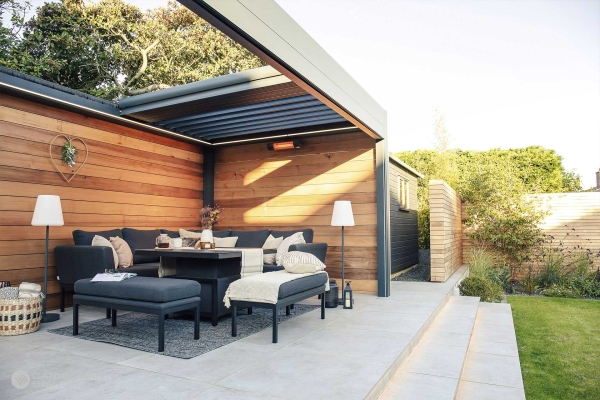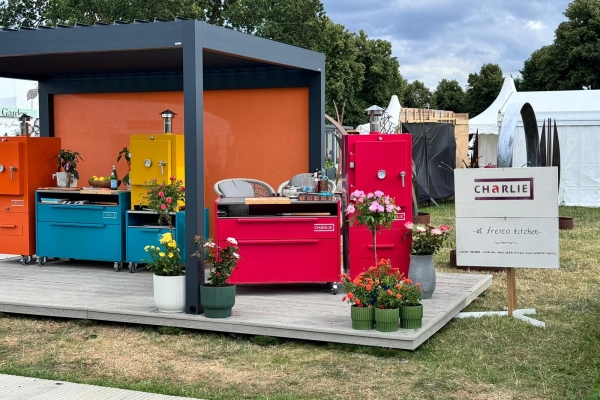
Now that the summer has passed, and we start to see our days shorten and dedicate more of our time indoors for the colder seasons, vitamin D is something that we may not take into consideration. It is a well-known fact that we source our vitamin D mainly from the sun, so with that being said, how do we maintain our levels throughout the cold British winters? As a company we promote outdoor living as a source to a healthier lifestyle but as the chilly weather sets in outdoor living can be very limited. Today we want to talk about how you can still sustain the levels of vitamin D needed to boost your health and wellbeing when the sun is less visible.
What is Vitamin D?
Vitamin D is an essential nutrient that keeps our bodies healthy and strong, it helps our bodies to absorb calcium and phosphorus which is vital to supporting the healthy development of our bones, teeth and muscles. These three nutrients need to be in balance to be effective.
Some studies have also found that vitamin D can help support the immune system and beat harmful bacteria and viruses attacking the body. Recently a vitamin D deficiency has been closely linked to some Covid-19 cases, a study that it being investigated further as “there is currently not enough evidence to support taking vitamin D to prevent or treat coronavirus.” – NHS England
A vitamin D deficiency, in some serious cases, can increase the risk of cancer, diabetes and heart disease.
This is not an article to scare you, this is an article to raise awareness, when it gets to the colder seasons our vitamin D intake is often forgotten about and for some, they are not even aware of their nutritional deficiency and this is a common issue worldwide.
How to get vitamin D
There are two natural sources of vitamin D, the well know source of the sun is the ideal way to top up your essential nutrient. The sunlight emits ultraviolet radiation which is formulated from UVA, UVB and UVC rays and it is the UVB part that our bodies are able to transmute into vitamin D. During autumn this vital ray is not often around as the UV strength is usually weaker around this time of the year.
So, in order to overcome this lack of vitamin D intake during the colder seasons it is crucial that we incorporate known vitamin D foods into our daily diet, such as oily fishes (salmon, sardines, and mackerel), red meat, liver, egg yolks and fortified foods. These foods will help us through until the sun comes around again.
There is a third option of taking vitamin D dietary supplements. This should be taken responsibly, as too much vitamin D over a prolonged period of time can cause elevated levels of calcium to build up in the body. Please refer to the NHS site for more information on how to safely take these supplements.
If you feel that your vitamin D levels may be low, and you may be at risk, then please do consult a GP. When you are enjoying the sun, please do so responsibly, feel free to explore our range of shading solutions to help you create safe spaces where you can relax with family and friends.




